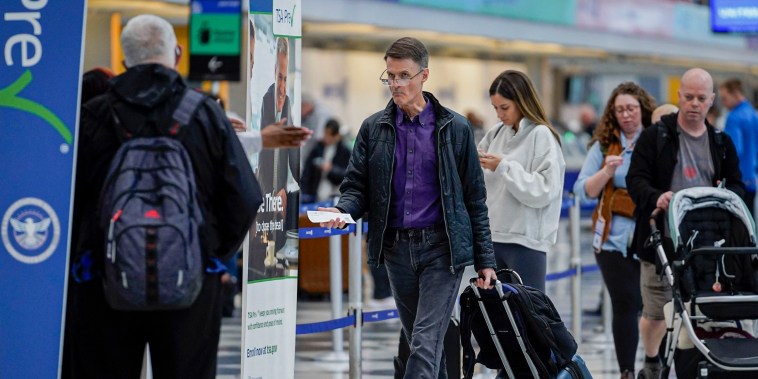Body of the article:
The landscape of air travel has changed significantly over the years as technology continues to evolve. In recent developments, a growing number of airports are allowing Transportation Security Administration (TSA) PreCheck travelers to pass through security without having to present physical forms of identification or boarding passes.
One of the highlights of this novel idea is the significant change it brings to the traditional airport security process. Under the new system, TSA PreCheck travelers will no longer have to rummage through their bags or pockets in a frantic search for their IDs and boarding passes. With an aim to streamline and expedite the security process, this change primarily benefits frequent flyers who have chosen to invest in the TSA PreCheck program.
The TSA PreCheck program, which allows vetted travelers to speed through security, has always been about efficiency and convenience. Participants in this program have been enjoying benefits like not having to remove shoes, laptops, liquids, belts, and light jackets during the security process. Now, this new development elevates the convenience offered by the program, ramping up its attraction for time-conscious travelers.
While it may appear as a dramatic shift from conventional procedures, the transition has been smooth in many airports thanks to technological advancements. The heart of this innovation lies in the utilization of biometric technology. In particular, facial recognition software is now deployed to verify travelers’ identities against the data on file from when they registered with the PreCheck program. This negates the need for physical IDs and boarding passes. Such technology not only speeds up the security process but also reduces contact points amidst the ongoing pandemic, thereby boosting hygiene safety.
These changes are currently in place at many airports across the country, with a plan to increase the number of involved airports over time. Atlanta Hartsfield-Jackson, Denver International, Orlando International, and Washington Dulles International are just a few of the major airports where this initiative has already been implemented.
This paradigm shift aligns with the increasing digitalization of various aspects of our lives and provides an opportunity to reshape the future of air travel. Without compromising security, it offers the potential to make the entire airport experience more streamlined, convenient, and efficient.
However, it’s worth noting that this provision is not compulsory. Travelers who are uncomfortable with the use of their biometric data can opt to continue presenting their physical IDs and boarding passes. This is in line with TSA’s commitment to respect individual comfort levels and choices.
In summary, this ground-breaking move by airports to do away with the need for TSA PreCheck travelers to show physical IDs and boarding passes demonstrates a significant step forward in the quest for efficient, digitized, and more user-friendly air travel. Its implementation signifies an embrace of technological innovation to improve the travel experience, while still valifying concerns around privacy and personal preference.




